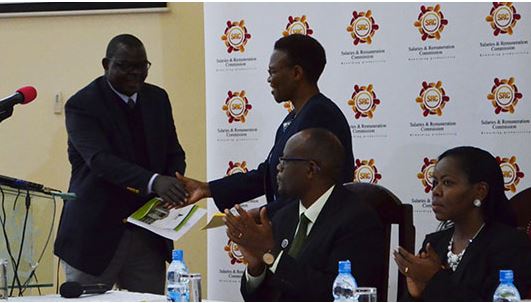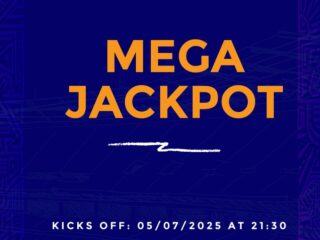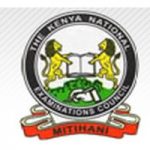Law that protects copyright in Kenya is very important for musicians, bloggers and TI professionals. If you are one, you need to read this carefully.
The Kenya Copyright Board is mandated to enforce copyright and related rights in Kenya. The Board currently has a legal and enforcement department that has 5 prosecutors and 10 copyright inspectors.
The prosecutors are lawyers who are highly specialised in copyright and related rights.
The inspectors are attached from the National Police Service and trained in investigation of copyright and related rights. Enforcement also included training and awareness creation in collaboration with various government agencies such as the National Police Service, the Department of Weights and Measures, the Judiciary, the Anti-Counterfeit Agency as well as the rights holders.
Copyright applies to
Copyright protects the original expression of an idea that has been reduced to a tangible form and this includes transcript copies and copies made in the digital environment, from being copied without authority. It does not protect the concept or the idea. It also does not protect symbols, titles, short phrases or factual information that may be contained in a copyright work.
Copyright applies to any medium. This means that you must not reproduce copyright protected work in another medium without permission. This includes, publishing photographs on the internet, making a sound recording of a book, a painting of a photograph and so on.
Examples of works protected by copyright
- Literary works, including novels, instruction manuals, computer programs, song lyrics, newspaper articles and some types of database
- Dramatic works, including dance or mime
- Musical works
- Artistic works, including paintings, engravings, photographs, sculptures, collages, architecture, technical drawings, diagrams, maps and logos
- Layouts or typographical arrangements used to publish a work, for a book for instance
- Recordings of a work, including sound and film
- Broadcasts of a work
- Ownership of copyright
Important note: Copyright does not protect the idea/concept but the expression of the idea. This is because one cannot have a monopoly over an idea. Copyright protection is automatic once an idea has been reduced to any tangible format. The Kenya Copyright Board offers notifications where although not a legal requirement allows rights holders to register their works. This helps in the creation of a database as well as assists in the enforcement of copyright.
Ownership of copyright
The first ownership of a copyright work vests in the person who creates it. However, copyright like any other moveable property can be transferred through sale, licenses and testamentary disposition. Under the Copyright Law;
- In the case of two authors, the two shall be known as the joint authors of the work.
- In the case of works created for hire or works created under a contract of employment, unless otherwise stated in a contract, the employer or the person who commissioned the work shall be the owner of the work.
- In the case of a film, the principal director and the film producer are joint authors and first owners of the copyright (and the economic rights). Similar provisions to those referred to above, apply where the director is employed by someone.
- In the case of a sound recording the author and first owner of copyright is the record producer, in the case of a broadcast, the broadcaster; and in the case of a published edition, the publisher.
- Copyright in material produced by a Government department belongs to the Government.
How long copyright lasts
The length of time a copyright work is protected will depend upon the category or type of work.
Literary, musical or artistic work other than photographs
Copyright in the above works lasts for the period of the life of the author plus fifty years.
Audio-visual works and photographs
Fifty years from the end of the year in which the work was either made, first made available to the public, or first published, whichever date is the latest.
Sound recordings
Fifty years after the end of the year in which the recording was made.
Broadcasts
Fifty years after the end of the year in which the broadcast took place.
NB: Once the term of protection of copyright expires, the work falls into the public domain.
Can Copyright be sold?
Copyright, like any other moveable property may be assigned to a third party either in part or in whole. This right can also be licensed or inherited. The licence may be for a specific period of time, but once sold cannot be reclaimed without compensating the new owner if he is agreeable. However, this only applies to the economic rights, such as the right of reproduction, distribution. The moral right cannot be sold or licensed in Kenya. The Copyright Act has made mandatory for any assignment or licence to be in writing.
When a song from an album is played on radio, which rights holders are entitled to the royalties?
Where a song is played on radio or television, the rights holders will be entitled to royalties for the broadcasting right. If the broadcast is transmitted by a third party in a public place for instance in an entertainment venue, the rights holders will be entitled to royalties for the public performance of the work.
There are three categories of rights holders who can claim royalties from the above, namely:
- Composers, authors and publishers (copyright )
- Performers (related right)
- Producers of sound recordings (related right)















